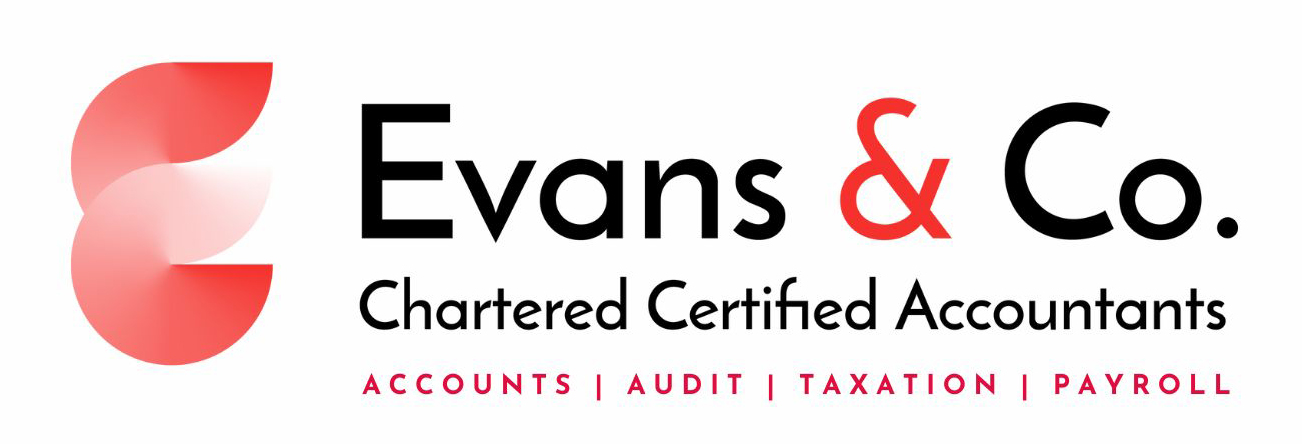
- Home
- Our Services
- Latest News
- Resources
- Meet the team
- Get in touch
- Get a Free Instant Quote
Close this window
:
Close this window
Close this window
The Criminal Finances Act makes companies and partnerships criminally liable for failing to prevent tax evasion. At Mark Evans & Co, we can provide guidance on the key aspects of the Act and the implications for your business in the East Yorkshire area.
Under the Criminal Finances Act 2017 (CFA) companies and partnerships may be criminally liable for failing to prevent their employees from criminally facilitating tax evasion. A potential defence can be utilised, in cases where the business has put into place a system of reasonable prevention measures. Here, we take a look at the key aspects of the Act and the implications for your business.
Under the CFA, two criminal offences were introduced:
This offence criminalises corporations trading within the UK who fail to implement reasonable procedures to prevent their employees, agents or representatives from facilitating tax evasion in another jurisdiction.
The rules apply to tax evasion committed both onshore and offshore, and are applicable to all taxes.
Under the CFA, there are three stages that apply to both the domestic and the foreign tax evasion facilitation offences. Only the UK offence is considered here, additional requirements apply for the foreign offence.
Under the CFA, only ‘relevant bodies’ and legal entities, such as incorporated bodies and partnerships, can commit the new offences. Natural persons, as opposed to legal persons, cannot commit the offences.
‘Relevant body’ refers to body corporates (including LLPs), and partnerships (whether incorporated or formed). Meanwhile, a person acts in the capacity of an ‘associated person’ if they are:
Where stages one and two have been committed, the relevant body is deemed to have committed a corporate offence (subject to a reasonable defence being claimed).
Stage three does not essentially alter what is considered to be a criminal act, but focuses on who is held accountable.
Under the CFA, the onus is on the relevant body in question to demonstrate that it has implemented adequate procedures within the business to protect against the criminal facilitation of tax evasion. If the organisation can prove that it implemented stringent procedures, prosecution will be ‘unlikely’.
A relevant body may utilise a defence whereby they can prove that, when the tax evasion facilitation offence was committed, it had appropriate prevention procedures in place.
‘Prevention procedures’ here refers to procedures designed to prevent persons acting in the capacity of someone associated with a relevant body from committing UK tax evasion facilitation offences. The new Act does not require relevant bodies to have ‘excessively burdensome’ procedures, but it does require more than ‘mere lip service’.
The government advises organisations within ‘high risk’ sectors, such as banks and financial services companies, carry out thorough risk assessments to establish the likelihood of their associated persons committing the criminal act of facilitation of tax evasion. It is recommended that such organisations follow government advice on the matter.
HMRC has published guidance on the procedures that relevant bodies (ie. your organisation) should have in place in order to help prevent their associated persons from committing the criminal offence of the facilitation of tax evasion. This can be accessed here.
The HMRC guidance is designed to help you understand the types of processes available.
The government has outlined six ‘guiding principles’ that can be used to help inform preventative processes. Each of the principles aims to advise organisations in respect of assessing the risk of their associated persons criminally facilitating tax evasion.
As a relevant body, you are advised to assess the nature and the extent to which you are exposed to the risk of their associated persons committing the facilitation of tax evasion. HMRC recommends that you ‘sit at the desk’ of your ‘associated persons’ and consider whether they have a motive, the opportunity and the means to criminally facilitate tax evasion.
You should ask:
Your reasonable procedures must take into account the nature, scale and complexity of its preventative activities. Organisations in sectors such as the banking industry or the accountancy sector may find that they are exposed to more significant risks than others.
Senior management need to be committed to preventing ‘associated persons’ from criminally facilitating tax evasion. A ‘zero tolerance’ attitude may be adopted, and managers should ensure that the consequences of the criminal facilitation of tax evasion are outlined to their associated persons.
Managers are urged to:
In order to mitigate any potential risks, you must ensure you apply proportionate due diligence procedures in relation to persons who perform or intend to perform services on their behalf.
Ask yourselves:
The associated persons of your organisation must receive thorough and adequate training in regard to the criminal facilitation of tax evasion, and prevention policies must be well-communicated, understood and implemented through the workforce.
Your communication should seek to outline:
Detailed reviews must be carried out of your preventative measures, and changes must be made to these where necessary. Typically, the nature of the risks you face will evolve over time: as such, senior management must ensure that the organisation adapts in response.
Ways to review your procedures:
HMRC states: ‘The legislation aims to tackle crimes committed by those who act for or on behalf of a relevant body.’ Under the CFA, relevant bodies who fail to prevent their associated persons from committing the criminal act of facilitation of tax evasion are subject to unlimited fines and ancillary orders, such as serious crime prevention orders or confiscation orders.
If you are in the East Yorkshire area please do contact us for guidance on the Criminal Finances Act.